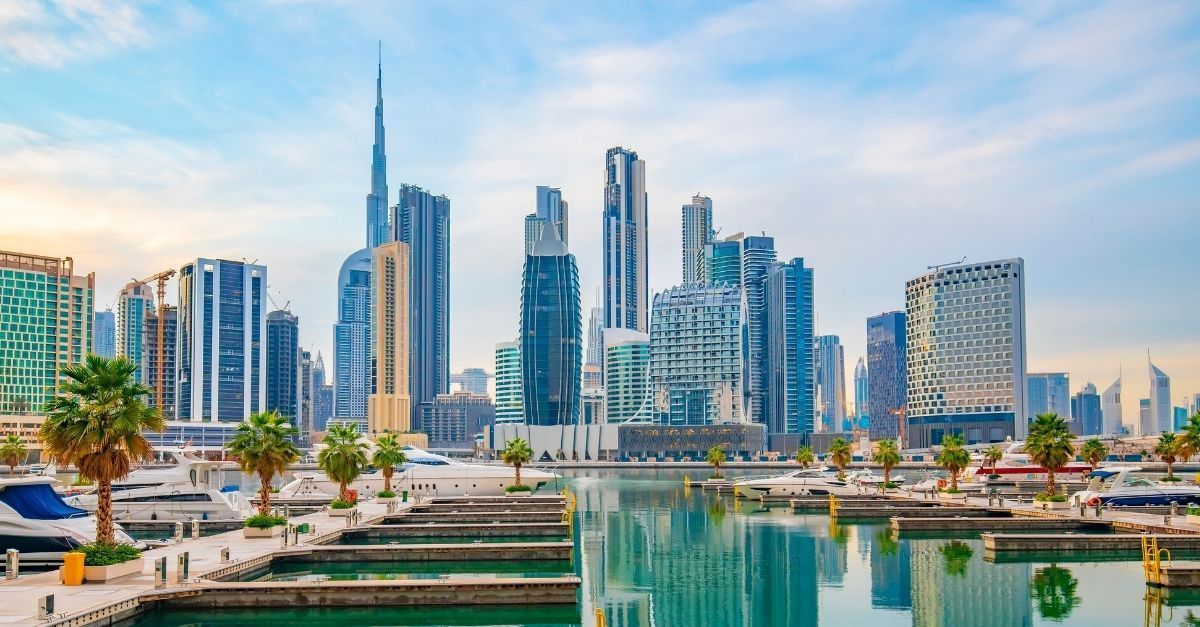Emiratisation Compliance for Small Companies in the UAE
February 8, 2024
By: Shoaib Khaleeli
Emiratisation, also previously known as “Tawteen,” is one of the UAE government’s policies to promote the employment of Emirati nationals in both the public and private sectors in line with their constitutional and legal rights.
Some of the milestones surrounding Emiratisation were the UAE Cabinet of Ministers Resolution No. 202/2 for 2023 and Cabinet of Ministers Resolution No. 259/1 for 2004, which required private sector companies to employ a certain percentage of Emiratis for select sectors, typically around 4-5%.
For more information on the UAE's current Emiratisation processes, read our blog series here
Mandatory Quotas
Since May 2022, the regulation has evolved to include mandatory quotas for companies in the private sector based on employee population size. Initially, this was mainly applicable to larger companies on the mainland. For instance, companies with 50 or more employees were required to hire at least one UAE national by 31 December 2022.
Currently, medium to large UAE-based private companies (not registered in a free zone) with 50 or more skilled employees are required to increase their Emiratisation rates by 2% annually (1% every six months), to reach an increment of 10% by 2026.
Recent Expansion
The recent change in the law, which took effect on 1 January, is a significant development. It has lowered the threshold to include smaller companies with 20 to 49 employees from a specific list of 14 key sectors, marking a more inclusive approach.
The targeted establishments in this sector will be chosen based on criteria such as types of jobs, work environment, geographic location, nature of growth in these sectors and prevalent Emiratisation priorities.
14 Sectors: A Closer Look
The 14 key sectors are divided into primary and secondary economic activities in accordance with the International Standard Classification of Economic Activities, which is updated by the Ministry of Human Resources and Emiratisation (MOHRE) regularly. The below table illustrates select examples of the respective activities:
Primary Economic Activity |
Secondary Economic Activity |
|
Information and Communication |
Information and Technology, and other computer service activities (e.g., setting up the infrastructure for information technology) |
|
Computer programming activities |
|
|
Financial and Insurance Activities |
Financial brokerage services including securities and commodities and insurance activities |
|
Real Estate Activities |
Activities related to the leasing or purchasing/ownership of real estate property |
|
Professional, Scientific and Technical Activities |
Architecture, engineering, and related technical advisory services |
|
Legal activities and service |
|
|
Accounting, auditing, and tax consultancy activities |
|
|
Administrative and Support Services |
Temporary employment agency services |
|
Education |
Education services, including vehicle driving institutes and other supporting services |
|
Health and Social Welfare Activities |
Medical and dental clinic activities |
|
Social work activities including nurseries, social counseling, and rehabilitation services. |
|
|
Arts and Entertainment |
Creative, arts and entertainment activities |
|
Sports facilities and clubs |
|
|
Mining and Quarrying Industry |
Oil and natural gas extraction support activities |
|
Mining and quarrying support activities |
|
|
Manufacturing |
Manufacturing generators, transformers, and distribution and control devices for electricity |
|
Basic chemicals industry |
|
|
Construction |
Electrical installations |
|
Wholesale and Retail Trade |
Trading in textiles, garments, and footwear |
|
Retail sale of pharmaceutical, medical, and cosmetic products as well as electronics |
|
|
Transportation and Storage |
Cargo handling |
|
Activities related to maritime transportation |
|
|
Accommodation and Hospitality Services |
Hospitality activities for special events or occasions |
Quotas for small companies
Affected employers will need to hire at least one Emirati national in 2024 and another in 2025. The goal is to boost Emirati participation in the workforce and shape the nation’s future.
The updated law also provides a detailed breakdown of the required Emirati hires based on the company’s size, making it more specific and actionable.
Penalties
Further details are expected to be provided, including the enforcement criteria, but one thing is clear: employers that do not meet these requirements will face monthly contributions for unfilled Emirati worker positions up to AED 96,000 in 2025 and AED 108,000 in 2026.
The MoHRE has acted against 441 private establishments that violated Emiratisation since 2022. 436 establishments were fined for false Emiratisation, while five establishments were fined for circumventing Emiratisation targets.
To avoid fines and support the UAE government’s Emiratisation program, joining the “Nafis” partnership and exploring initiatives to hire eligible Emirati job candidates is recommended.
Need to know more?
For further information on Emiratisation requirements, please contact Senior Manager Shoaib Khaleeli at [email protected].
This blog was published on 8 February 2024, and due to the circumstances, there are frequent changes. To keep up to date with all the latest updates on global immigration, please subscribe to our alerts and follow us on LinkedIn, X, Facebook and Instagram.















